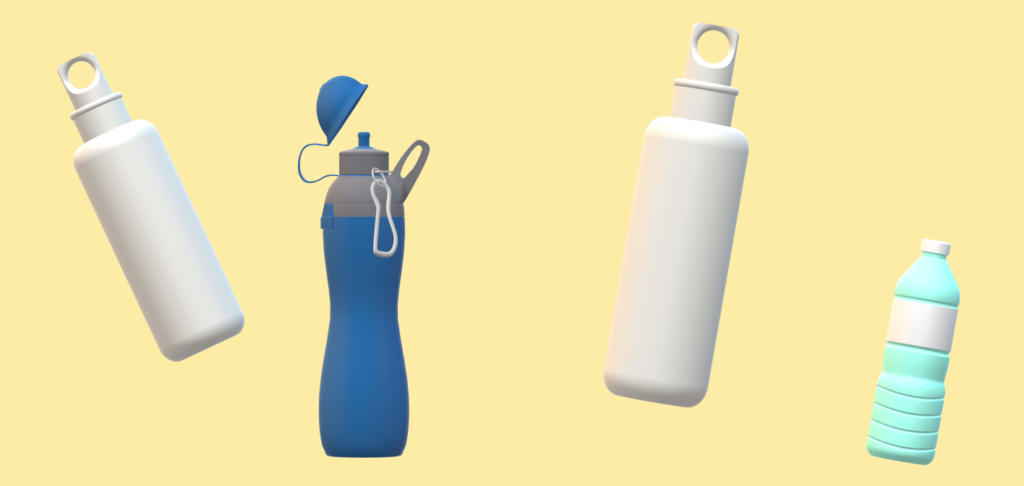Table of Contents
Introduction: Teenage Wellness
Being a teenager, can be an exciting yet challenging time. Balancing school, friends, and personal life often leaves little room for focusing on health. However, maintaining good health during these years sets the foundation for a lifetime of well-being. Here are ten simple wellness tips for teenagers to boost your health today!
1. Prioritize Sleep

Sleep is crucial for physical and mental health. Teenagers need to sleep for about 8 to 10 hours every night. This helps them be at their best. Adequate sleep improves concentration, mood, and overall performance in school and activities. Create a relaxing bedtime routine and avoid screens an hour before bed to enhance sleep quality.
2. Eat a Balanced Diet
A balanced diet fuels your body and mind. Eat different kinds of fruits, vegetables, lean meats, and whole grains. Avoid excessive sugary snacks and fast food. Simple changes like swapping soda for water and adding more greens to your plate can make a significant difference.
3. Stay Hydrated
Staying hydrated with water is crucial for sustaining energy levels and promoting good health. Make it a goal to consume at least 8 glasses of water per day. Carrying a reusable water bottle can help you remember to stay hydrated throughout the day. Staying hydrated is crucial, particularly when engaging in physical exercise.
4. Exercise Regularly
Engaging in regular physical activity enhances emotions, increases vitality, and improves overall well-being. Strive for a minimum of 60 minutes of moderate to intense exercise every day. This can include sports, dancing, biking, or even brisk walking. Find an activity you enjoy to make exercise a fun part of your daily routine.
5. Practice Mindfulness
Mindfulness helps manage stress and improve mental clarity. Consider adding mindfulness techniques like meditation, deep breathing, or yoga to your daily schedule. These activities can help you stay grounded and focused, reducing anxiety and improving overall well-being.
6. Limit Screen Time
Excessive screen time can negatively impact your health. It can lead to poor posture, eye strain, and disrupted sleep patterns. Set limits on recreational screen time and take regular breaks to rest your eyes. Engage in offline activities like reading, outdoor play, or hobbies to balance your screen use.
7. Build Strong Relationships
Healthy relationships are vital for emotional well-being. Spend time with family and friends who support and encourage you. Communicate openly about your feelings and listen to others. Building strong, positive relationships can provide a sense of belonging and improve your mental health.
8. Manage Stress
Teen years can be stressful, but managing stress is crucial for maintaining health. Identify stress triggers and find healthy ways to cope, such as talking to someone you trust, exercising, or practicing relaxation techniques. Do not resort to unhealthy ways of dealing with problems, such as substance abuse.
9. Practice Good Hygiene
Good hygiene practices prevent illness and boost confidence. Wash your hands regularly, brush, and floss your teeth twice a day, and shower regularly. Personal hygiene is not only about cleanliness but also about feeling good about yourself.
10. Seek Help When Needed
It’s okay to ask for help. Whether it’s academic pressure, emotional struggles, or health concerns, seeking help from a trusted adult, counselor or healthcare provider is important. Recognizing when you need support is a strength, not a weakness.
Detailed Explanation: The Importance of a Balanced Diet
Eating a well-rounded diet is essential for maintaining good health.. It provides the essential nutrients your body needs to grow, function, and repair itself. Let’s dive deeper into what makes a balanced diet and why it’s particularly important for teenagers.
Components of a Balanced Diet
- Fruits and Vegetables: These are rich in vitamins, minerals, and fiber. They help in digestion and prevent diseases.
- Proteins: Essential for growth and repair of tissues. Meat, fish, eggs, beans, and nuts are all examples of sources.
- Carbohydrates: Provide energy. Opt for whole grains like brown rice, oats, and whole wheat bread.
- Dairy: Important for bone health due to calcium content. Include milk, cheese, and yogurt.
- Fats: Necessary for brain health. Select nutritious fats from avocados, nuts, and olive oil.
Benefits of a Balanced Diet for Teenagers
- Growth and Development: Teens undergo rapid growth spurts. A balanced diet supports healthy physical development.
- Energy Levels: Proper nutrition keeps energy levels stable, preventing fatigue and improving concentration.
- Mental Health: Certain nutrients, like omega-3 fatty acids, play a role in brain health, influencing mood and cognitive function.
- Disease Prevention: Good nutrition strengthens the immune system, reducing the risk of illnesses.
Tips for Maintaining a Balanced Diet
- Meal Planning: Plan meals ahead to ensure a variety of nutrients.
- Healthy Snacks: Keep healthy snacks like fruits, nuts, and yogurt available.
- Cooking at Home: Food prepared at home is typically more nutritious compared to fast food.
- Reading Labels: Check nutritional labels to make informed choices.
Conclusion
Maintaining wellness as a teenager doesn’t have to be complicated. By prioritizing sleep, eating a balanced diet, staying hydrated, exercising, practicing mindfulness, limiting screen time, building strong relationships, managing stress, practicing good hygiene, and seeking help when needed, you can significantly boost your health today and set the stage for a healthy future.
Remember, small, consistent changes can lead to big improvements in your overall well-being. Start with just one or two tips. As you get used to them, slowly add more tips into your daily life. Your teenage years are a crucial time for building habits that will benefit you for the rest of your life.
Embrace these wellness tips and take charge of your health today!



